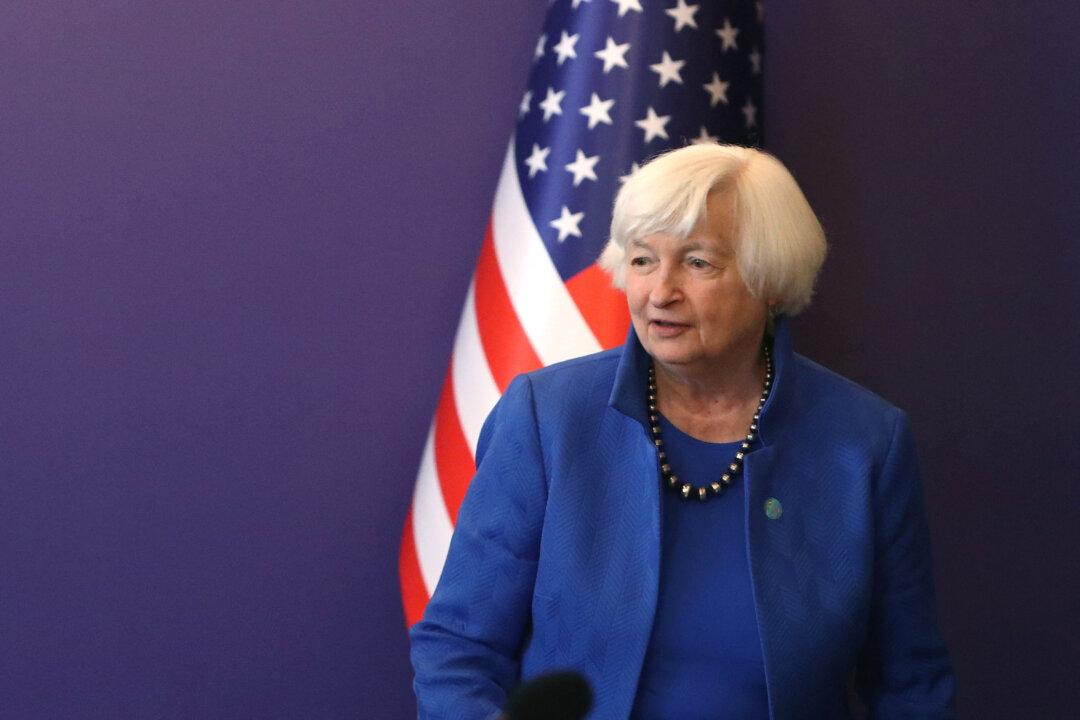Former U.S. Treasury officials have said there is no way to prioritize which bills would get paid first in the event that the United States reached its statutory debt ceiling.
Rep. David Schweikert (R-Ariz.) asked U.S. Treasury Secretary Janet Yellen whether the Treasury now has the capability to prioritize bill payments if the government can no longer borrow money to pay its bills.





